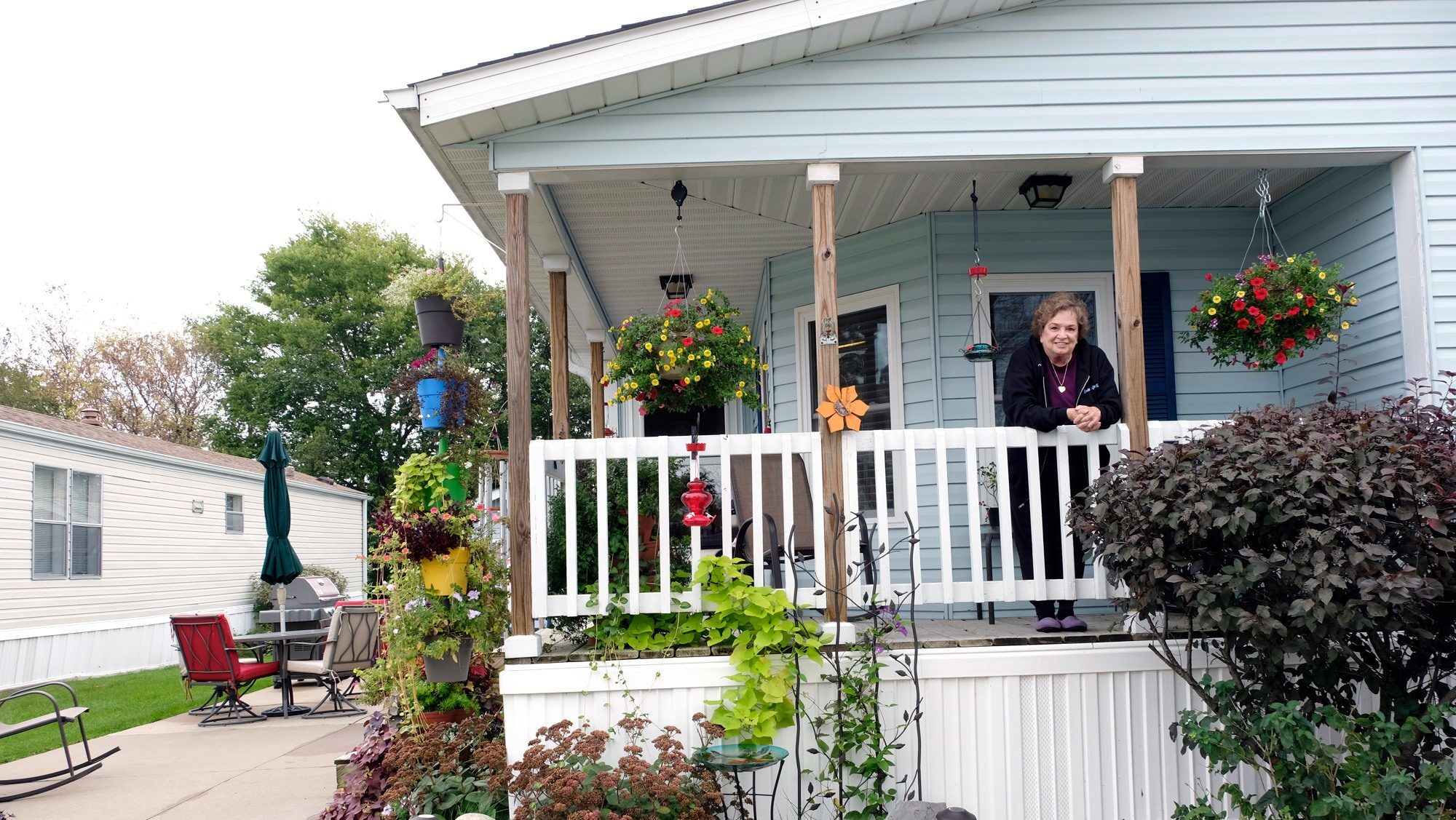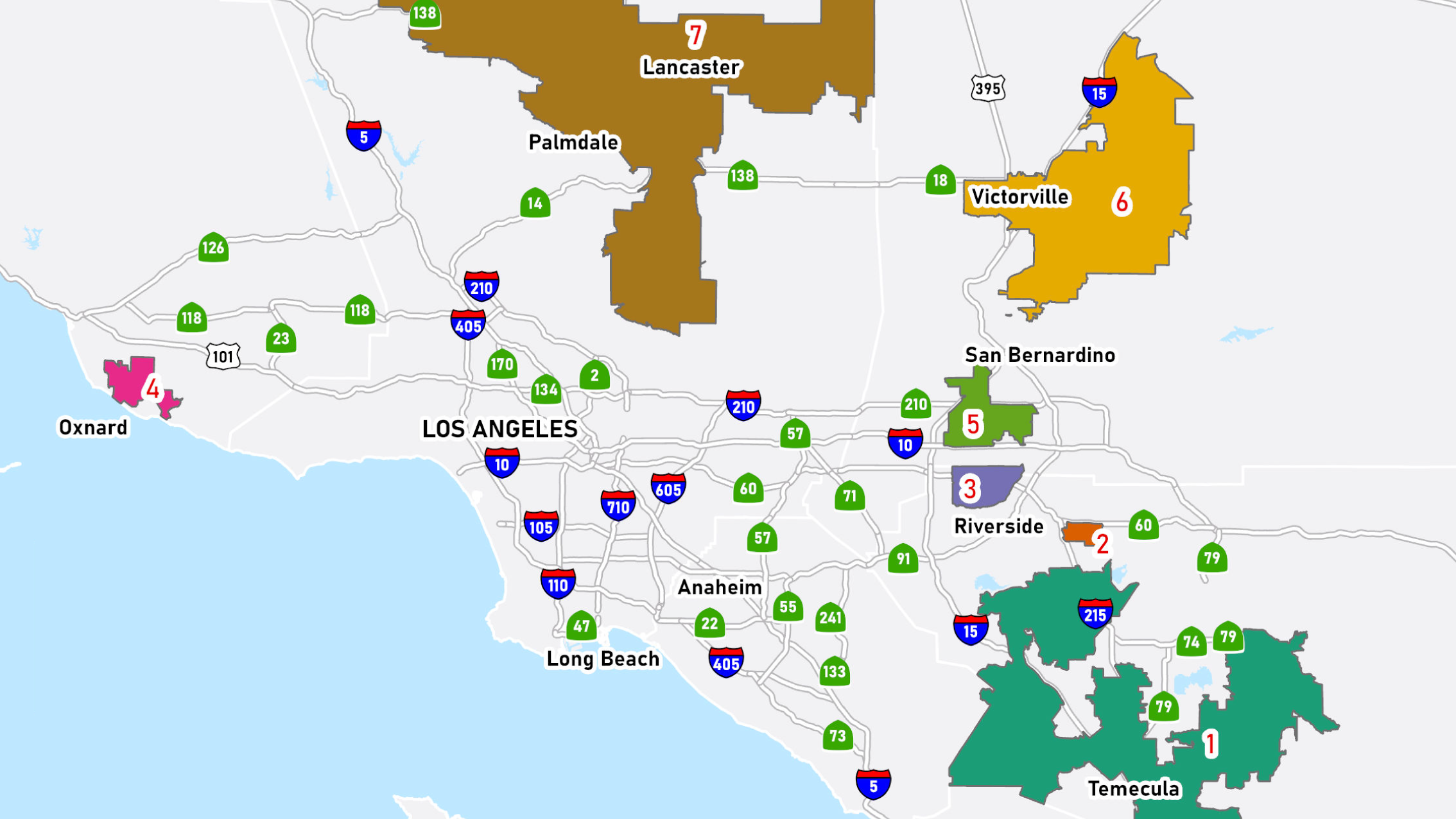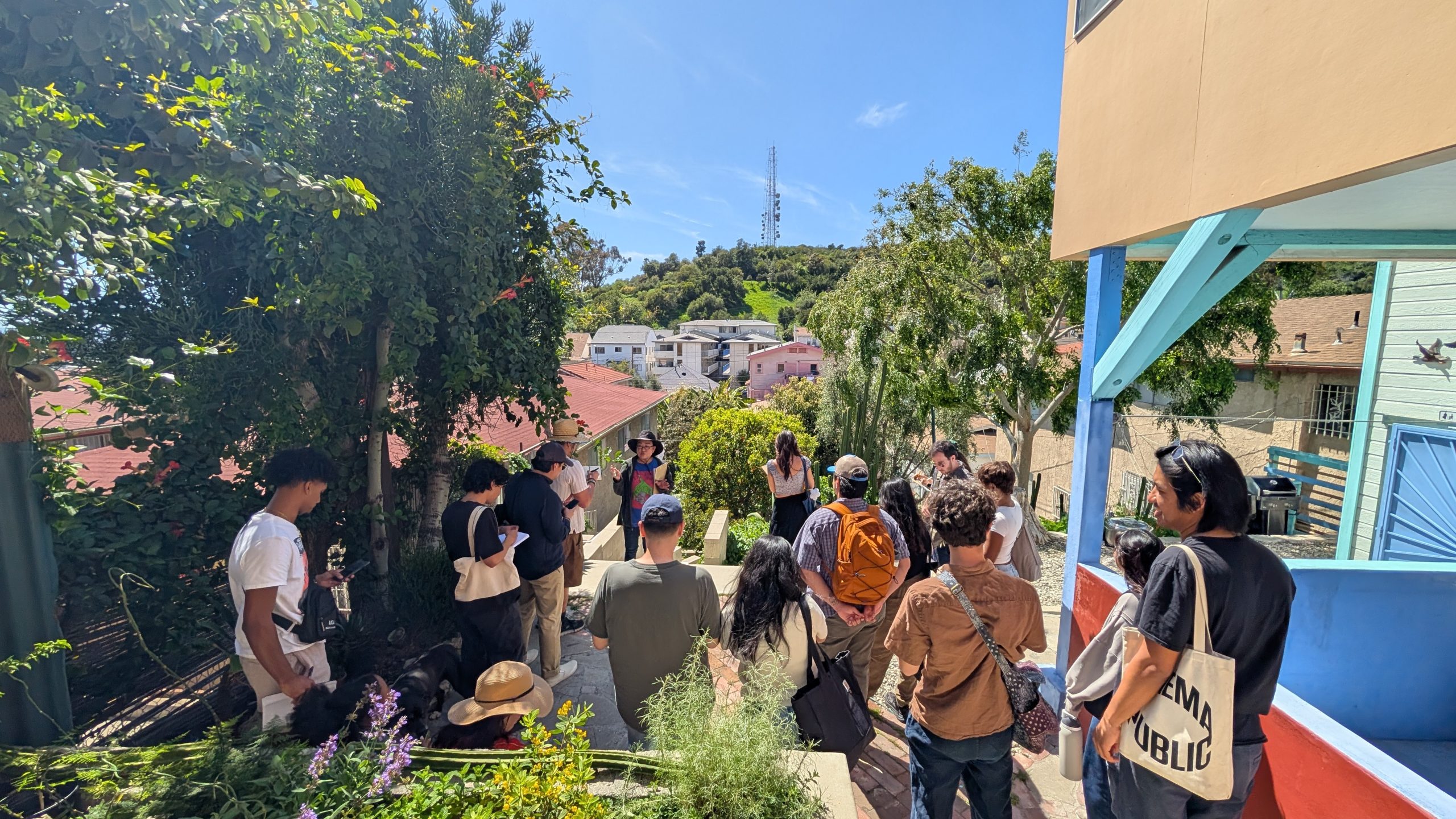
Telling the untold stories, challenges of mobile home communities in ‘A Decent Home’
by JOEY WALDINGER
While making her documentary, “A Decent Home,” one question haunted filmmaker Sara Terry: When are the rich rich enough?
Terry first heard that question from a resident of Denver Meadows, a mobile home park in Aurora, Colorado. In “A Decent Home,” she chronicles the community’s struggle to preserve their housing after the park owner announced plans to rezone the property and sell it for mixed-use development.
Denver Meadows’ story is emblematic of a larger issue. Across the country, mobile home parks are being purchased by private equity firms and other corporate investors who hike rents or redevelop the land – putting one of America’s largest sources of unsubsidized affordable housing increasingly out of reach.
In “A Decent Home,” Terry shines a light on the people affected.
According to her director’s statement, Terry said, “We need to hear these people, we need to see these people, we need to value them and everything they represent about the best of who we are as Americans.”
Terry’s words underscore the urgency of the issues explored in “A Decent Home,” which was recently screened at an event hosted by the Lewis Center and the Luskin Center for Innovation. Afterward, LCI co-executive director Greg Pierce moderated a panel discussion with Terry, associate professor José Loya, and Sierra Club California Director Miguel Miguel, MURP ‘23.
For Miguel, the film struck a personal note. As the former policy director of Pacoima Beautiful, Miguel led his community’s fight against a similar threat.
“If you think this isn’t happening in L.A., that was me five years ago,” he said. “I had to do that for my own mobile home park.”
That experience showed him how disconnected legislators can be from the real-life impact of policy, he added. To break through to people in power, Miguel had to make it impossible for them to ignore the pain that people “at the bottom of their priority list” feel when they’re packing up their belongings and forced out of their home.
But humanizing policy is no easy feat. Just like the people in Terry’s documentary, Miguel and his community had to fight to be heard.
“It started with me getting very acquainted with the neighborhood councils … and for the first time really looking at the faces of these predominantly white politicians who had never held a public hearing in our neighborhood, ” he said. “We canvassed door to door for them to not only have a public meeting about this, but to have Spanish translation. That had never happened.”
Loya, who researches ethnic and racial inequality in homeownership and the housing market, explained how market conditions and policies are particularly disadvantageous for mobile home park residents.
When someone purchases a traditional home, they are typically purchasing two appreciating assets: the house and the land beneath it. In contrast, mobile home buyers usually own a depreciating asset — the home — while renting the land from a company that owns the property.
Coupled with the much more limited financing options and overall lack of market regulations, mobile home park residents are especially vulnerable to housing instability, Loya said.
“It’s essentially the wild, wild west,” he said.
In response to an audience question, Loya pointed to community land trusts as one example of policy responses that could promote ownership; however, he hasn’t seen research showing this model can be sufficiently scaled up.
Despite these challenges, mobile home parks often thrive as tight-knit communities. The parks Terry visits are places where people care for their neighbors and support community organizations. In the face of powerful corporate interests, the people of Denver Meadows showed determination and grit, becoming a persistent force in city government and joining forces with national advocacy organizations to lobby officials.
Reflecting on Miguel’s story and others like it, Terry said that when law and policy so often seem stacked against the most vulnerable people, helping them tell their stories is the first step toward change.
“What new story do you want to tell?” she asked.
Photo credit: ‘A Decent Home’



